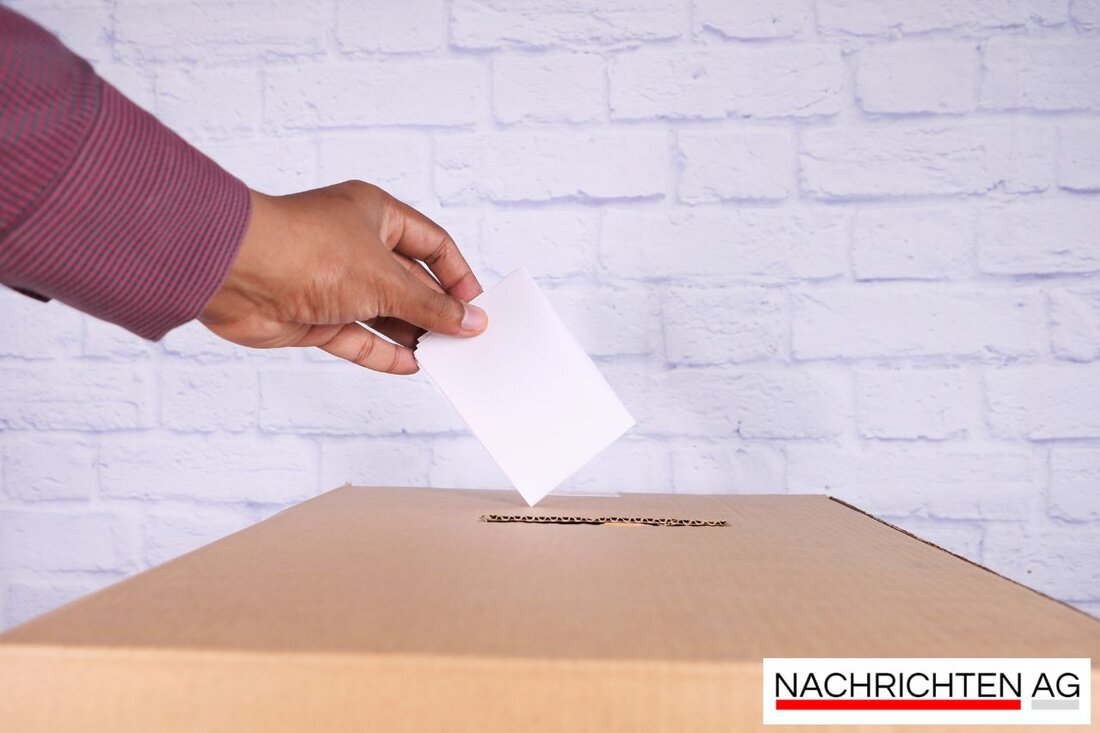Facts instead of fake: Online series ensures democracy in Barnim!
On October 9th, 2025, the KVHS Barnim is offering a series of free online events on fake news and media literacy in democracy.

Facts instead of fake: Online series ensures democracy in Barnim!
In the age of digital information overload, it is becoming increasingly important to keep an overview. The vhs series “FactsSafe for Democracy” specializes in exactly this. Loud barnim.de The Barnim District Adult Education Center offers eight exciting online events that are organized in collaboration with various adult education center associations. Here participants can experience ARD journalists up close and interact directly with them.
The topics are diverse and range from an introduction to fact-finding to clear tips for combating fake news. Further insights into the extensive ARD archives round off the offer. What is particularly noteworthy is that participation in these events is free and can be done from the comfort of your own home. Registration is possible via the KVHS Barnim website.
Fake news in focus
The need for such events is supported by the results of a current study by the IU International University. Accordingly, 89.9 percent of those surveyed consider fake news to be a serious threat to democracy and freedom. This representative survey surveyed 1,999 people aged 16 to 65 and shows that 71.8 percent of participants say their trust in the media has decreased due to fake news. IU.de documents that many people are also afraid that their opinions or voting decisions could be influenced by disinformation.
An alarming point in the study is that 30.9 percent of respondents rate AI applications like ChatGPT as credible, while 64.1 percent are suspicious of deepfakes. This shows that a certain level of skepticism towards new technologies is necessary in order not to fall into the trap of misinformation.
The role of media literacy
According to that bpb.de Fake news is less widespread than often assumed, but it is particularly popular in certain circles. A conscious and critical handling of information is therefore becoming increasingly important. Media literacy is seen as a key approach to combating fake news and includes the ability to critically question content and distinguish it from reliable information.
The origins of the fake news debate can be traced back to Donald Trump's 2016 election and the Brexit referendum, where unreliable information was often spread by malicious actors. Increased interest in this topic is also evident in the training and further education offerings such as the “Fact Safe for Democracy” series. Not only is knowledge imparted here, but we also actively combat the spread of misinformation.
The numerous vhs events are therefore a valuable offer for anyone who would like to better orient themselves in the jungle of information and disinformation. Given the current challenges, it is essential to acquire a solid foundation of media literacy - because the well-being of democracy lies in the hands of a well-informed public.

 Suche
Suche
 Mein Konto
Mein Konto